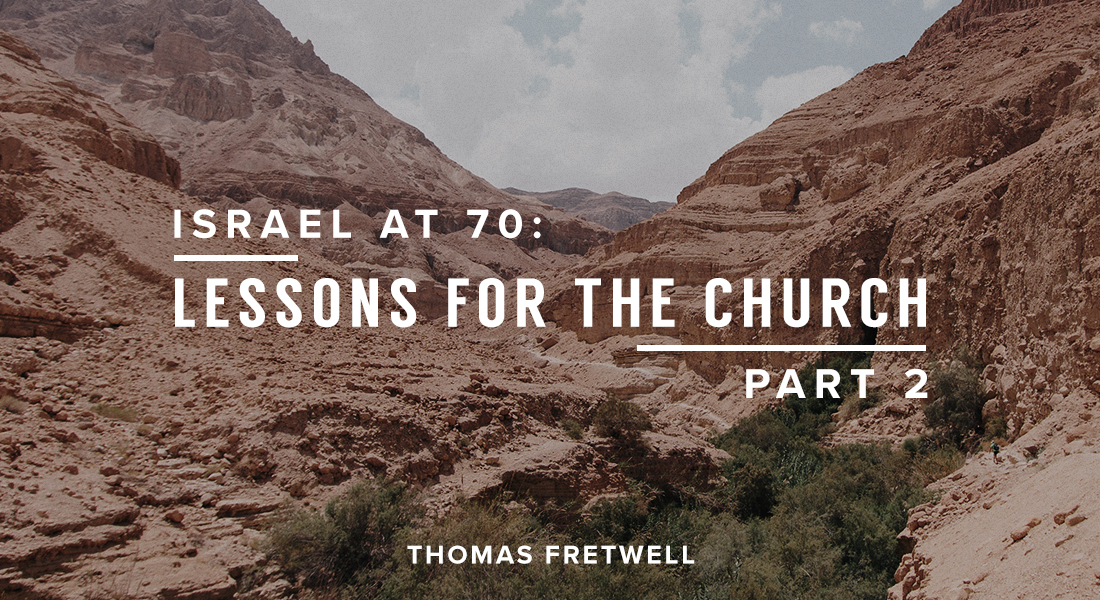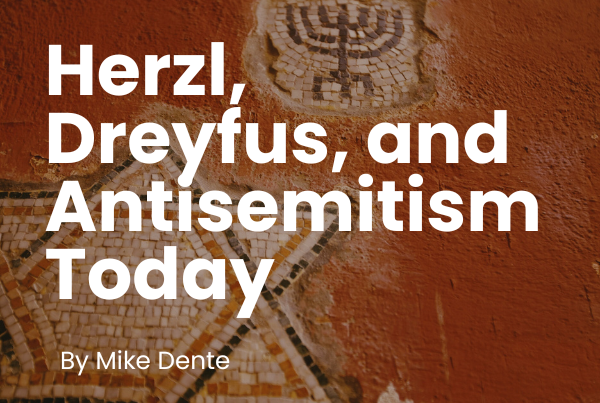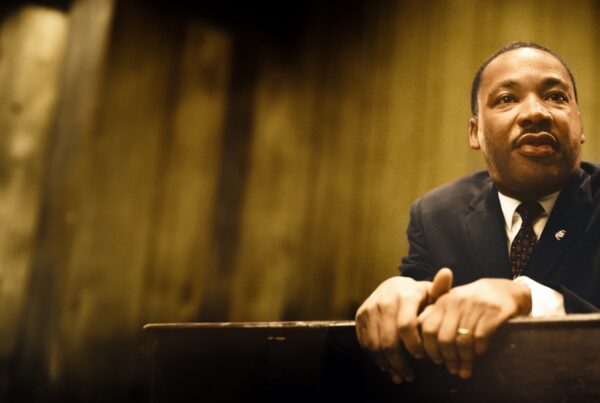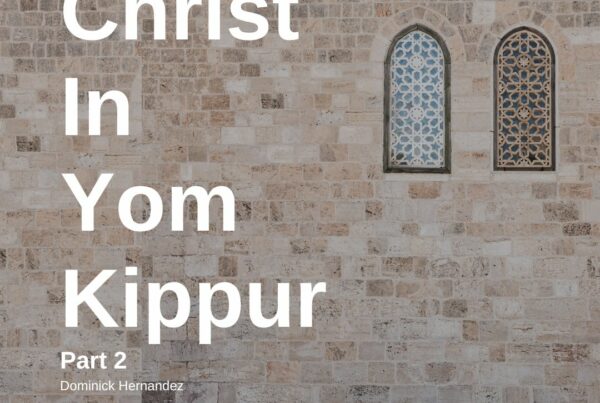
“But the land into which you are about to cross to possess it, a land of hills and valleys, drinks water from the rain of heaven, a land for which the LORD your God cares; the eyes of the LORD your God are always on it, from the beginning even to the end of the year.” (Deuteronomy 11:11-12).
Enjoy the first edition of this article!
The Land of Israel is unique in many ways. It is significant spiritually, theologically and politically. This is perhaps why it remains one of the most contentious issues in the discussion surrounding Israel today. It is this issue that often leads to impassioned disputes not only between those living in the Land, but also those in the Church and around the world:
“As soon as the Land of Israel is mentioned an emotive force is released. There are few people, especially in the Christian church who hold a neutral view.”1
While conflicts about land are present everywhere, the issues surrounding the “Holy Land” are somewhat unique given the underlying biblical considerations that enter the discussion. For many the Land of Israel is the staging ground for some of the greatest events in biblical history. It was this land that God promised to Abram and Sarai, it was to this Land that Joshua led the children of Israel, it was here that King Solomon and King David reigned, and it was in this Land that the great Jewish Temples were constructed. For Christians, this was the Land where Jesus was born, it was where He lived and taught and ultimately died, and Christian doctrine teaches that this is where He will return.
Sowing and Reaping
On May 14, 1948, shortly after the modern state of Israel was established, it was attacked within hours by the armies of Egypt, Lebanon, Iraq, Syria and Transjordan. After a year of fighting, Israel managed to defeat these invading armies. Yet the cost was high, Israel’s War of Independence claimed over 6,000 Israeli lives. Israel faced similar attacks in 1956 with the Sinai/Suez War, and with the forced pre-emptive strikes of the 1967 Six-Day War. Perhaps the most shocking attack came in 1973 with the Yom Kippur War, when Egypt and Syria launched a surprise attack against Israel as the nation was celebrating the holiest day on the Jewish calendar – The Day of Atonement (Yom Kippur). Caught unprepared the IDF (Israel Defence Forces) nonetheless managed to push back the invading armies. Again, this victory came at a high cost with almost 3,000 soldiers giving their lives in three weeks of fighting.
During the Yom Kippur War, a soldier asked this question to the Prime Minister Golda Meir: “My father was killed in the war of 1948, and we won. My uncle was killed in the war of ’56, and we won. My brother lost an arm in the ’67 war, and we won. Last week, I lost my best friend over there…and we’re going to win. But is all our sacrifice worthwhile Golda?”
The question came from a young reserve soldier as Prime Minister Meir visited the Golan Heights overlooking the Kuneitra Valley. This spot, often referred to as the “Valley of Tears,” marks the spot of the bloodiest battle of the Yom Kippur war, where over 1,400 Syrian tanks assaulted a mere 160 Israeli tanks. This is how Golda answered the young soldier that day: “I weep for your loss, just as I grieve for all our dead. I lie awake at night thinking of them. And I must tell you in all honesty, were our sacrifices for ourselves alone, then perhaps you are right; I’m not at all sure they would be worthwhile. But if they are for the survival of the whole Jewish people, then I believe with all my heart that any sacrifice is worthwhile.”2 In Psalm 126:5-6 we read: “Those who sow in tears, shall reap with shouts of joy! He who goes out weeping, bearing the seed for sowing, shall come home with shouts of joy, bringing his sheaves with him.”
Sometimes we are required to make difficult choices in the present that will have a beneficial impact in the future.
These sacrifices come in many ways. Many of the freedoms we have today, such as being able to preach the gospel or read the Bible in English, come from the labors and sacrifices of those who have gone before us. As Christians we are called to “Suffer hardship…as a good soldier of Christ Jesus” (2 Timothy 2:3), and we sow the seed of the Gospel (Matthew 13:18-23) knowing that it may be someone else who reaps the harvest (John 4:37). Sometimes this is not easy; oftentimes laboring for the future requires hardship and sacrifice. We are exhorted to “not lose heart in doing good, for in due time we will reap if we do not grow weary” (Galatians 6:9).
The Talmud (Ta’anis 23b) relates a story of a Jewish sage called Choni HaM’agel who was troubled as to the meaning of the verses quoted above from Psalm 126. One day he was journeying along a road, and he saw a man planting a carob tree; he asked him: “How long does it take [for this tree] to bear fruit?” The man replied: “Seventy years.” He then further asked him: “Are you certain that you will live another seventy years?” The man replied: “I found [ready grown] carob trees in the world; as my forefathers planted these for me so I too plant these for my children.”3
Now is a good time to ask what seeds are we planting in our own lives? Are we sowing to the flesh or to the Spirit? Are we passing on the knowledge of God to the next generation?
1 Wright, Fred. Words from the Scroll of Fire. Jerusalem: Four Corners Publishing. 1994, Pg. 9
2 Avner, Yehuda. Once Upon a Succa Time. The Jerusalem Post. October 16, 2005.
3 Rabbi Yehuda Prero, YomTov, vol.5 16. “Planting the Seeds of Eternity.”






